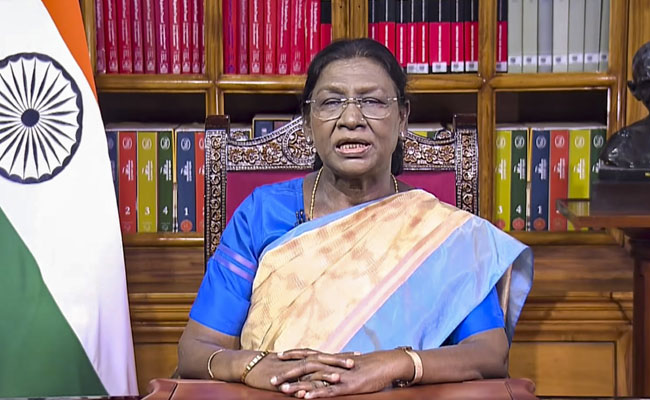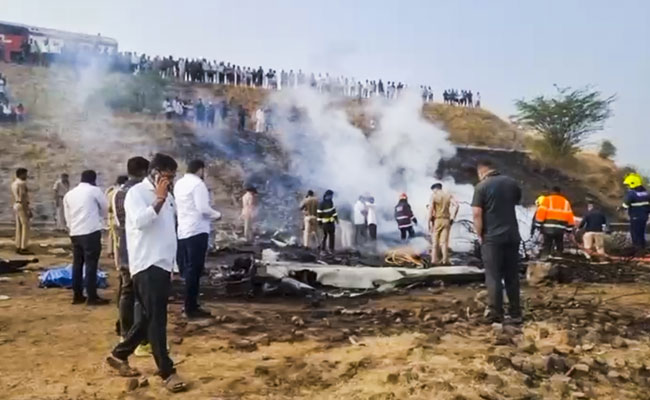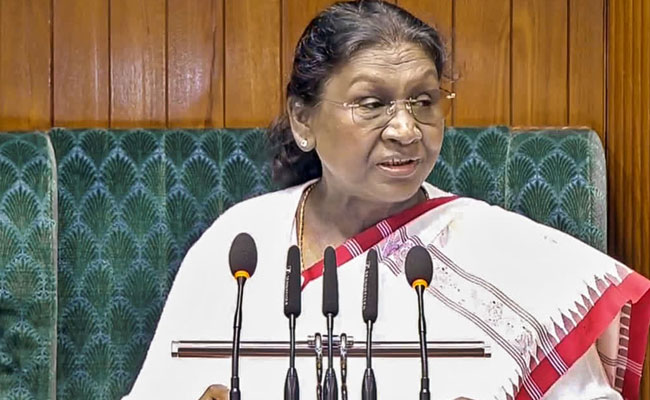Demonetisation left the job scenario in the country in a lurch. Unemployment hit an all time high, and it has been having its repercussions on every aspect of economic growth in the country. The number of youths without employment is increasing with every passing day. Police officers have said unemployment can be a major cause for increased crime rate.
Fanatic and communal forces have been preying on young men who are now without jobs. Hence the men get attracted to fake ‘gau rakshak’ bands as easily as flies that are attracted to the fire. Working under such banners helps people in many ways. They can be safeguarded under the name of ‘culture guards’. It would also enable them with fake power and prestige where people fear their presence.
Unemployed youths are the easy and primary victims of terrorism, joining the extremist forces since the rate of employment is very low in Jammu and Kashmir region. There are other groups that trust the promises made by the government, waiting for the jobs to come by only to realize they have been cheated at the end of this.
Main aspect is, they do not possess skills for a job. But they have degree certificates that they assume would get them some jobs. And they are in majority. It is also very easy to mislead and fool them. Some section of unemployed youth have made it their job to cheat such gullible job seekers.
In the last two months, Delhi police crime branch has busted six such fake job networks. Cops say this is an apt reflection of the illusions people nurse about the current job scenario and people’s understanding of government jobs. The ones who have set up this network are also jobless youths who tried misleading people like themselves.
All of them would like to do jobs that have security and would get them pension at the end of their career. In the racket that was busted, candidates were being fooled with getting them a job of a manager at ONGC, railways and army.
Since such jobs are being widely advertised, people immediately pick on them to find gullible victims who are seeking such jobs. Some networks were assuring candidates of jobs in railways. And since people were shown the corresponding advertisements, they would also believe such claims very easily, falling into the cheaters’ net.
Three fraudsters were held during May this year, taking huge amounts of money from the candidates. The network of fake jobs isn’t a secret operation anymore. It gets repeated often and happens more times than ever before. In the ONGC fake job racket, fraudsters had gotten access to victims inside high security Krishi Bhavan.
In some cases, candidates would be given appointment letter and some months’ salary too. Some of them would be trained before being taken on fake jobs which would go on for a few months before the network would go bust, said the cops.
Once the fraudsters were successful in misleading one candidate, that person would work as their agent to get more gullible candidates into the network. They get mouth-to-mouth publicity without any hassles. In most cases, the gullible candidates were highly educated and with great knowledge in computers and modern technology. They would also have some experience in public facing jobs.
Before we criticize the fraudsters, we need to remember the words of our beloved PM. He had assured to create more than two crore jobs a year. What was he able to do? He took away the good jobs that existed till then. People who were into dairy farming were left in deep lurch. If a PM can mislead and commit such a huge blunder that is seen as a fraud, why can’t the youths be allowed do it? Does the PM have answer in case they ask this question?
Let the Truth be known. If you read VB and like VB, please be a VB Supporter and Help us deliver the Truth to one and all.
New Delhi (PTI): President Droupadi Murmu on Wednesday said the world saw the valour of Indian armed forces through Operation Sindoor when they destroyed terror camps on the strength of their own resources and asserted that any terror act will be responded with decisive action.
"India has proved that power can be used with responsibility and wisdom. The world has seen the valour and courage of Indian armed forces through Operation Sindoor," Murmu said in her address to both Houses of Parliament, marking the beginning of the Budget Session.
"Our nation, on the strength of our own resources, destroyed terror camps. My government sent a message that any act of terror will be responded to with resolute and decisive action," the President said, amid thumping of desks by Prime Minister Narendra Modi and other parliamentarians.
Murmu said the suspension of the Indus Water Treaty was part of India's fight against terror.
"We are also working on Mission Sudarshan Chakra to further strengthen national security," the President said, adding that security forces have also taken decisive action against Maoist terror.
Following Operation Sindoor, she said, the trust on Indian defence platforms has increased.
Murmu further said her government was committed to social justice in the country.
In the third term of the government, she said, work is being done to further empower the poor, and social security benefits are available to nearly 95 crore citizens now.
"My government is committed to true social justice," she said, adding that 25 crore Indians moved out of poverty in the last 10 years.
The President also said the government has been successful in tackling corruption and scams, and ensuring proper use of public funds.
"For India, the end of the first 25 years of this century has been filled with several successes, proud achievements and extraordinary experiences. In the last 10-11 years, India has strengthened its foundation in every sector," she said.
Lauding India's celebration of the 350th martyrdom day of the ninth Sikh guru, Guru Tegh Bahadur, and the country's tribute to revered tribal leader and freedom fighter Birsa Munda on his 150th birth anniversary, Murmu said, "when the country remembers the contribution of its ancestors, the new generation gets inspiration, which further speeds up our journey towards Viksit Bharat (Developed India)."
"The country celebrated the 350th Shaheedi Diwas of Sri Guru Tegh Bahadur Ji. During the 150th birth anniversary of Birsa Munda, the entire country paid him tribute and remembered his contribution to the tribal community," the President said.
"The events related to the 150th birth anniversary of Sardar Vallabhbhai Patel further strengthened the sense of Ek Bharat, Shresht Bharat (One India, Best India). The entire country became witness to how Bharat Ratna Bhupen Hazarika's birth anniversary celebrations filled the country with music and a sense of unity," Murmu said.
The President's mention of the Viksit Bharat – Guarantee for Rozgar and Ajeevika Mission (Gramin) (VB-G RAM G) scheme was met with loud protests from the Opposition benches.
Murmu said the VB-G RAM G initiative would provide guarantee for 125 days of work, would stop corruption and leakages, and provide a new impetus to rural development.
The Opposition members raised slogans demanding its rollback, even as the treasury benches thumped their desk in support of the scheme.
The President had to take a brief pause amid opposition cries of "vapas lo" (roll back) against the Act that replaced the Mahatma Gandhi National Rural Employment Guarantee Act (MGNREGA).
The Opposition parties have been demanding withdrawal of the VB-G RAM G Act and restoration of MGNREGA as a rights-based law in its original form, the right to work and the authority of panchayats.
The government has, meanwhile, claimed that the new Act will further strengthen the guarantee for rural employment.





